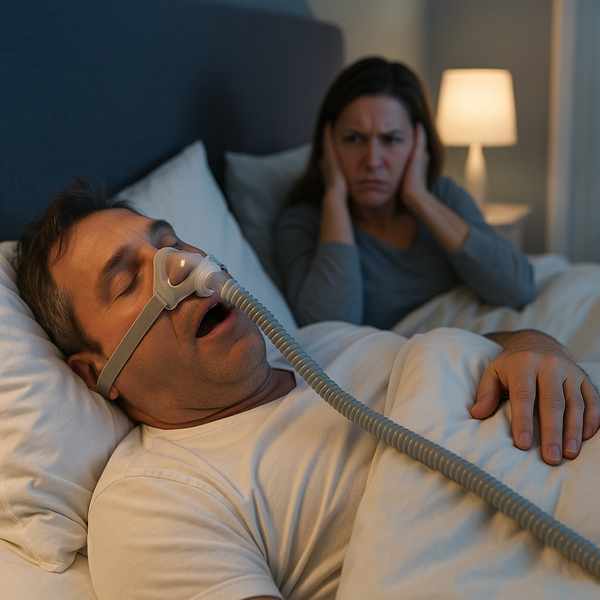Does Losing Weight Help with Sleep Apnea?
Does Losing Weight Help with Sleep Apnea?
Blog Article

One of the most discussed connections to sleep apnea is excess weight — leading many to ask: can weight loss cure sleep apnea?
Let’s explore how shedding pounds can affect this sleep condition.
Understanding Sleep Apnea
The most common form is obstructive sleep apnea (OSA), caused by relaxed throat muscles.
Common symptoms include:
- Often reported by sleep partners
- Choking or gasping during sleep
- Excessive daytime tiredness
- Signs of disrupted oxygen flow
The Link Between Weight and Sleep Apnea
Fat deposits in the throat may narrow the airway, making it more likely to collapse.
Key risk factors include:
- High BMI (Body Mass Index)
- Narrows the airway path
- Can contribute to airway collapse
Can Weight Loss Cure Sleep Apnea?
In many cases, losing weight can dramatically reverse or manage sleep apnea symptoms.
Possible benefits of weight loss:
- Improved nighttime breathing
- Better oxygen flow
- More natural treatment options
- Improved sleep quality and energy
However, weight loss may not cure sleep apnea in all cases — especially if anatomical issues or severe OSA are present.
Realistic Expectations
Studies show that losing just 10% of body weight loss cured my sleep apnea weight can reduce OSA severity by up to 50%.
Tips:
- Start with small, achievable goals
- Combine diet and exercise
- Notice snoring, energy, and daytime fatigue improvements
Natural Weight Loss Tips for Better Sleep
Effective strategies:
- Eat a balanced, whole-food diet
- Exercise regularly (cardio + strength)
- Sleep on your side
- Avoid alcohol and sedatives
Working with a nutritionist or sleep specialist can provide more personalized support.
When Weight Loss Isn't Enough
If symptoms continue, talk to your doctor about other options such as:
- Keeps airways open at night
- Custom-fitted mouthpieces to reposition jaw and tongue
- Surgery in severe cases
Conclusion
For those whose apnea is linked to weight, shedding pounds is often a powerful, non-invasive solution.
Talk to your healthcare provider, make informed decisions, and take proactive steps toward better health and rest. Report this page